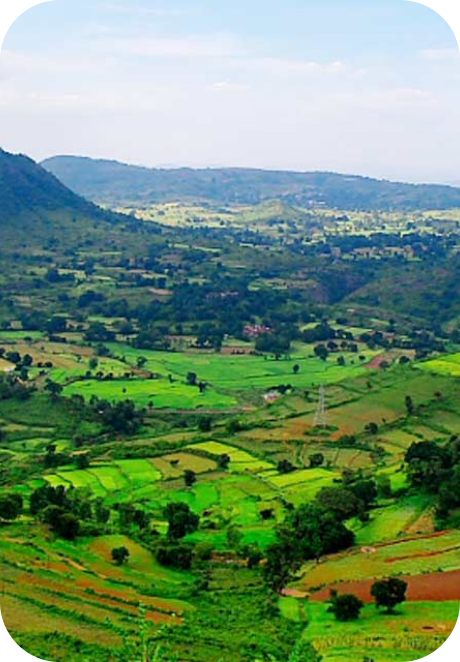It’s tough to think about our day without a sip of coffee, but do you know about Araku? We got you covered.
How did it start?
The dedication and passion of the Araku coffee farmers are evident in every cup, making it an exceptional and unforgettable experience.
Araku is a must-visit destination in Andhra Pradesh. Araku is a mountain valley in Vizag famous for its coffee plantation. In Araku, you can see coffee fields stretching over miles and miles and welcoming you with a mesmerising aromatic breeze of coffee in the air.
From the moment the coffee cherries are plucked from the trees to the final roasting process, every step of the Araku coffee-making process is meticulously executed to ensure maximum quality.
Have you ever wondered how it all began?
The origins of this remarkable journey can be traced back to a single moment in time.
Let’s unveil the origin of this remarkable art of coffee making!
How did it start?
Coffee was introduced to Andhra Pradesh in 1898 by a Britisher, N S Brodie 1898. India also holds a unique position in the world coffee sector, the sixth largest coffee producer, and more than 98 % of coffee growers in the country are small farmers.
Andhra Pradesh ranks 4th among the coffee-producing states of India, with a total production of 7,425 Metric Tonnes. Arabica Coffee and Robusta Coffee produced 7,370 Metric Tonnes and 550 Metric Tonnes last year.
This venture of coffee production at such a high level started around 20 years ago. It began as a social project almost 20 years ago in the Araku Valley in southeastern India. It mainly started when The Naandi Foundation arrived in the valley and started by setting up an education program at the project’s origin.
They also extended their support to the farmers at their request. It has replanted 1 million coffee trees in the valley on micro-plots of less than one hectare each. The coffee was cultivated biodynamically, entirely by hand, in micro-plots. It is a 100% Arabica coffee combining sweetness, balance, and roundness.
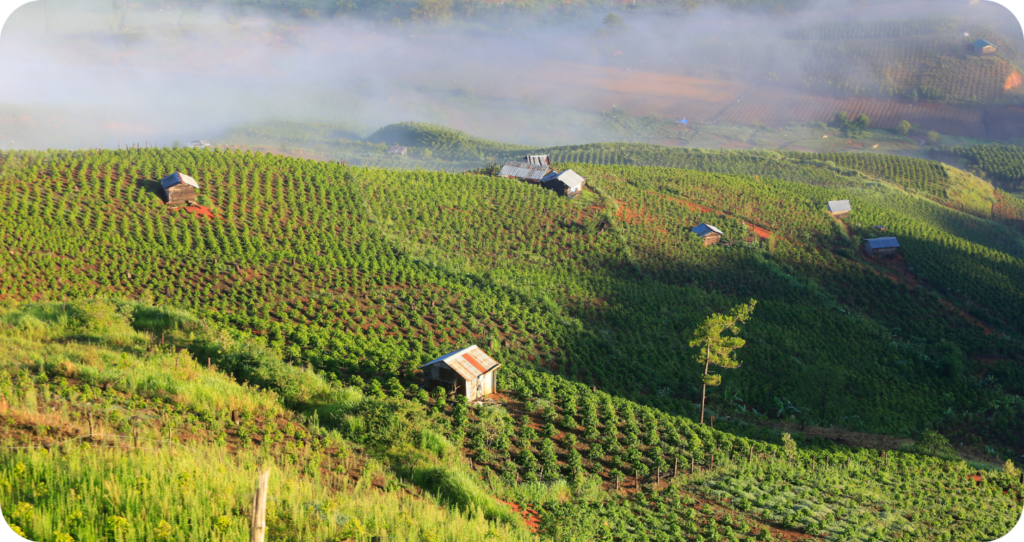
Why visit Araku Valley?
Whether you're interested in exploring the local tribal culture, indulging in some exquisite coffee, or simply relaxing amidst the natural beauty, Araku has something for everyone.
Let’s dig deeper into the beauties of this scenic landmark!
Araku Valley is a hidden gem in the Eastern Ghats of Andhra Pradesh, India. With its stunning landscapes, rich tribal culture, and exceptional coffee, it is a must-visit destination for nature lovers, cultural enthusiasts, and coffee connoisseurs alike.
One of the main draws of Araku Valley is its natural beauty. Visitors can enjoy the breathtaking views of the lush green forests, cascading waterfalls, and picturesque landscapes. The valley has several popular tourist spots, including the Borra Caves, Katiki Waterfalls, and the Ananthagiri Hills.
In addition to its natural beauty, Araku Valley is also a cultural hub. The valley is home to several indigenous tribes. Visitors can immerse themselves in the local tribal culture by exploring the traditional villages, attending tribal festivals, and interacting with the locals. The local tribal handicrafts, such as bamboo crafts, are also popular souvenirs.
Of course, no visit to Araku Valley would be complete without indulging in some world-famous Araku coffee. The coffee grown in this region is known for its distinctive flavor and aroma, resulting from the valley’s unique terroir. Visitors can tour the local coffee plantations, learn about the coffee-making process, and sample some of the finest Araku coffee.
The coffee museum of Araku has a different vibe set in 2006. You can learn the story of the Araku coffee plantation from the museum’s wall.
It shows how tribal women and their families in Araku pluck deep red coffee cherries wearing colorful tribal dresses. They have this storyline via tribal art, narrating how to pulp coffee seeds, ferment, and dry them until they’re ready for roasting.
An audio-visual show at the museum also depicts how the Araku Valley coffee is grown under the shade of silver oak trees. The story of coffee’s popularity grew from the seed’s discovery in Ethiopia to getting known worldwide.

The Art Of Coffee Making:
Wondering how this excellent coffee, whose aroma touches the soul, is being made?
Look no further! As we bring the complete coffee-making process straight from Araku’s Coffee plants!
Araku valley is known to be the largest organic and biodynamic coffee plantation in the world. Let’s discuss the entire journey of the such successful growth of coffee production in Araku:
1. The composition of the soil
They transform the fragile soil of the hills with the help of organic compost. The organic compost is made using cascara, cow dung, and other homemade organic inoculants and distributed to the farmers for free under the leadership of chief agriculture advisor (Naandi Foundation) – David Hogg.
The soils have prebiotics in their composition, which is a food for microbes. These types of organic composts change the fertility of the soil drastically, causing naturally sugar-rich Arabica coffee.
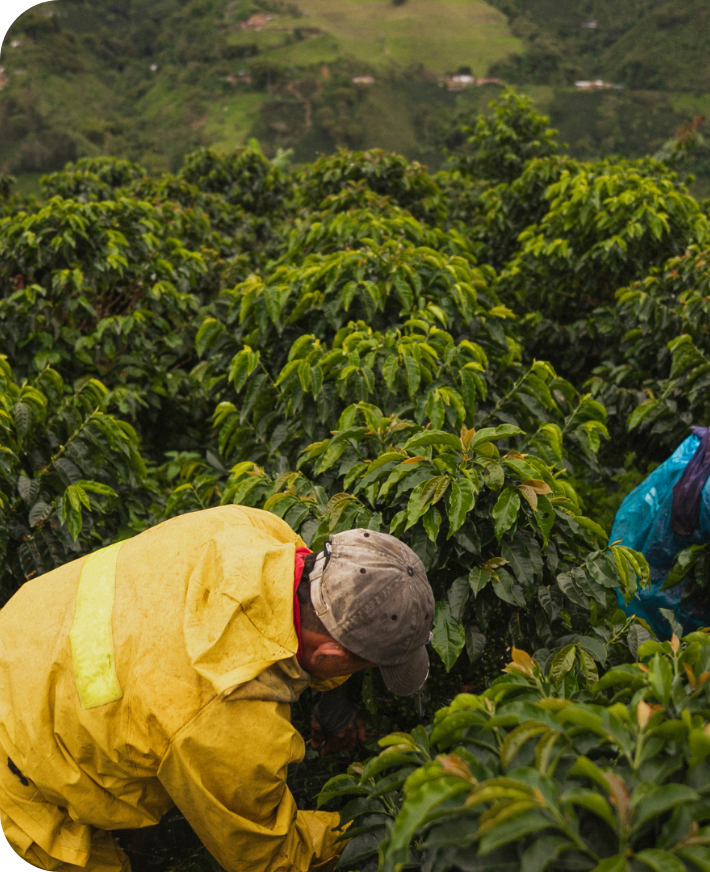

2. Cherry Picking
The Arabica coffee grown in this region has helped make a living for nearly 14,000 farmers. Mindful farming with the help of organic composite soils has contributed to the growth of the coffee industry in Araku.
3. Coffee processing unit
Experts consider Coffee processing as the most crucial process for quality coffee production. Once the cherries are plucked and weighed, you send them for washing. Sadly, a considerable amount of water gets used while washing coffee, which is considered one of the biggest reasons behind water pollution. A humongous amount of water gets wasted in traditional coffee washing methods. Araku coffee’s uniqueness is also an effect of their particular machine, which uses less water than conventional methods. Then it goes through a process called destoning.
4. Drying
After processing the coffee, the next most crucial step is drying the coffee seeds. Proper drying of the coffee seeds is essential for roasting. Then you may dry the Araku valley coffee seeds on an aluminum platform. According to the officials, overdrying leads to a loss in flavor; if under-dried, the shelf life decreases.
5. Roasting
Once the coffee gets roasted, the whole process ends there. Then the roasted coffee seeds are sent to different shops and cafes for sale.
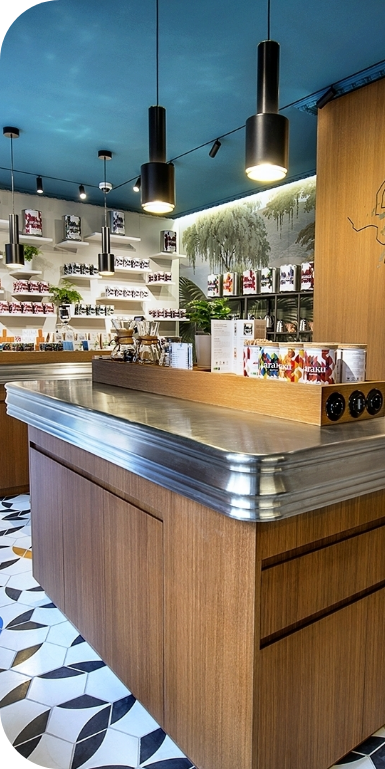
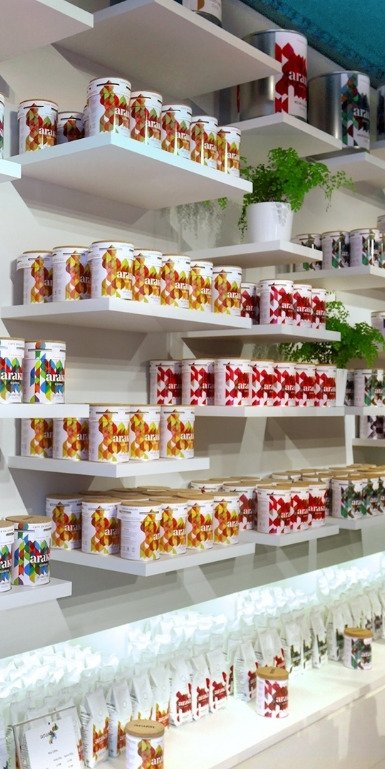

Success Story of The Araku Cafe
Let’s uncover the success story!
The story of going from local Adivasi farmers to a Global sensation is nothing short of amazement. It has won the best coffee award in France.
Araku is India’s first 100% organic, single-origin coffee producer. The Coffee is grown in Araku Valley in the Eastern Ghats. Araku is an excellent example of social entrepreneurship. It delivers a shared value to its farmers. They support the community of Adivasis and grow Coffee while associating with agricultural experts. Araku has supported the people of Araku Valley and brought great help to them.
The Araku Valley was extremely poor and struggling when Manoj Kumar, the co-founder, and CEO of Araku Coffee, came there. The inhabitants cannot sell, mortgage, or pass the land to their descendants but could grow anything on the ground. During troublesome times, they suffered from poverty.
During that time, Manoj Kumar, Anand Mahindra, Kallam Anji Reddy, and Kris Gopalakrishnan came together to create this Araku Coffee. They started by receiving grants from Naandi; the NGO began by Anand Mahindra and Anji Reddy. They first started by receiving assistance from the government to create kitchens.
They had first taken up Araku Valley in 2001 to provide help to the farmers of the region. They almost offer double the wage to the farmers for the best quality of arabica red berries. Araku Coffee almost procures 1000 tonnes of Coffee in a year.
From the idea of serving the Adivasis and Farmers of Araku Valley, Araku Coffee has become a luxury brand of Coffee to the world. Araku Valley has a rich taste of Coffee. Its taste, purity, and social entrepreneurship have made Araku Coffee one of the leading luxury coffee brands in India and France. It has even won the Best Coffee Award in France.
For the first time, Araku Coffee opened its cafe in Bangalore in 2021. Araku Coffee is such a hit that Ola CEO Bhavesh Aggarwal strives for its taste. The Araku Cafe doesn’t just show us what luxury coffee tastes like; it also has a great variety of chocolate, milkshakes, and ice-creams.
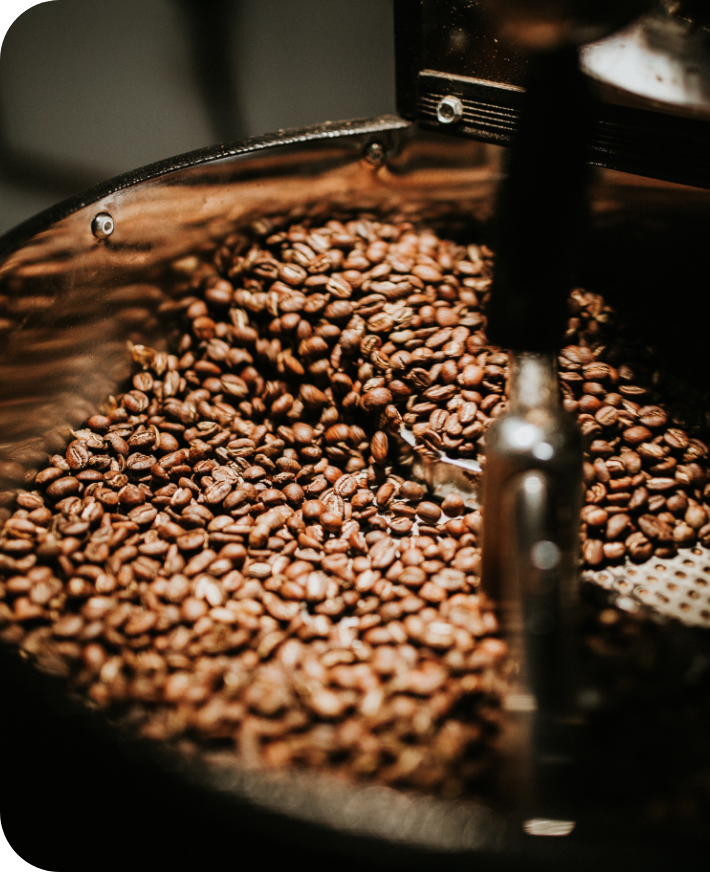
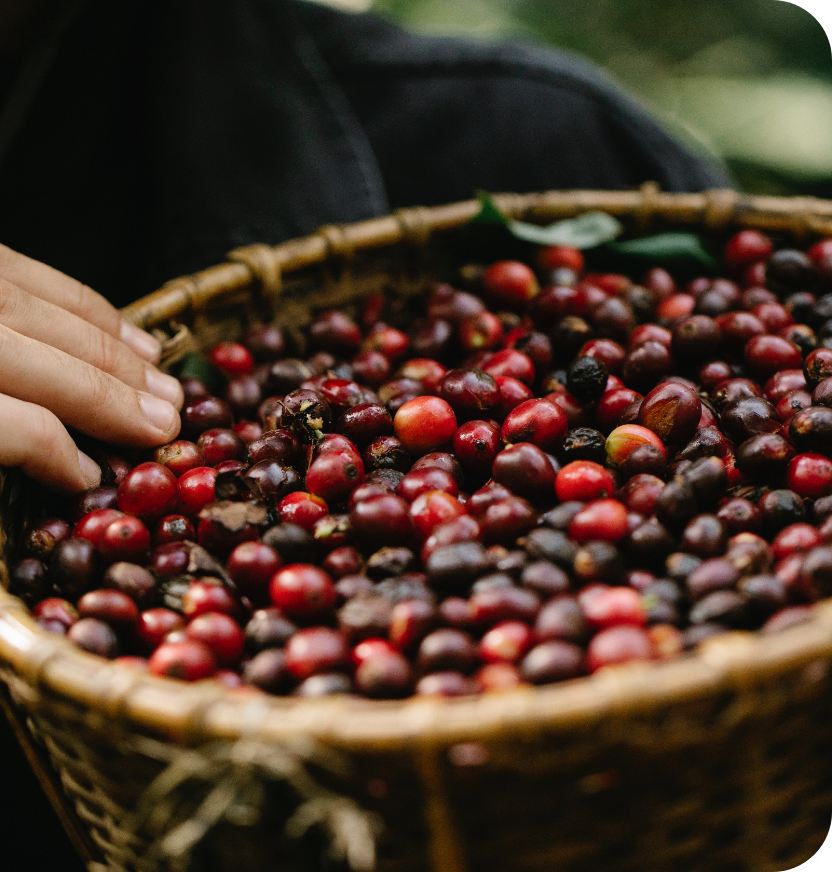
Final Thoughts
So, what’s in a nutshell?
In conclusion, Araku coffee is not just a beverage but a cultural and economic symbol of this beautiful region. The coffee plantation in Araku is a prime example of sustainable farming practices, community-driven initiatives, and exceptional coffee production. The coffee produced here is world-renowned and has helped improve the livelihoods of local farmers and their families.
Visitors to Araku Valley have the opportunity to witness the coffee-making process firsthand and experience the warmth and hospitality of the local community. Araku coffee is truly a treasure that should be cherished and savoured, and a visit to this region is an unforgettable experience for coffee lovers and nature enthusiasts alike.
Subscribe to new post
The One Liner
Useful Links
Order Related Queries
Useful Links
Order Related Queries


